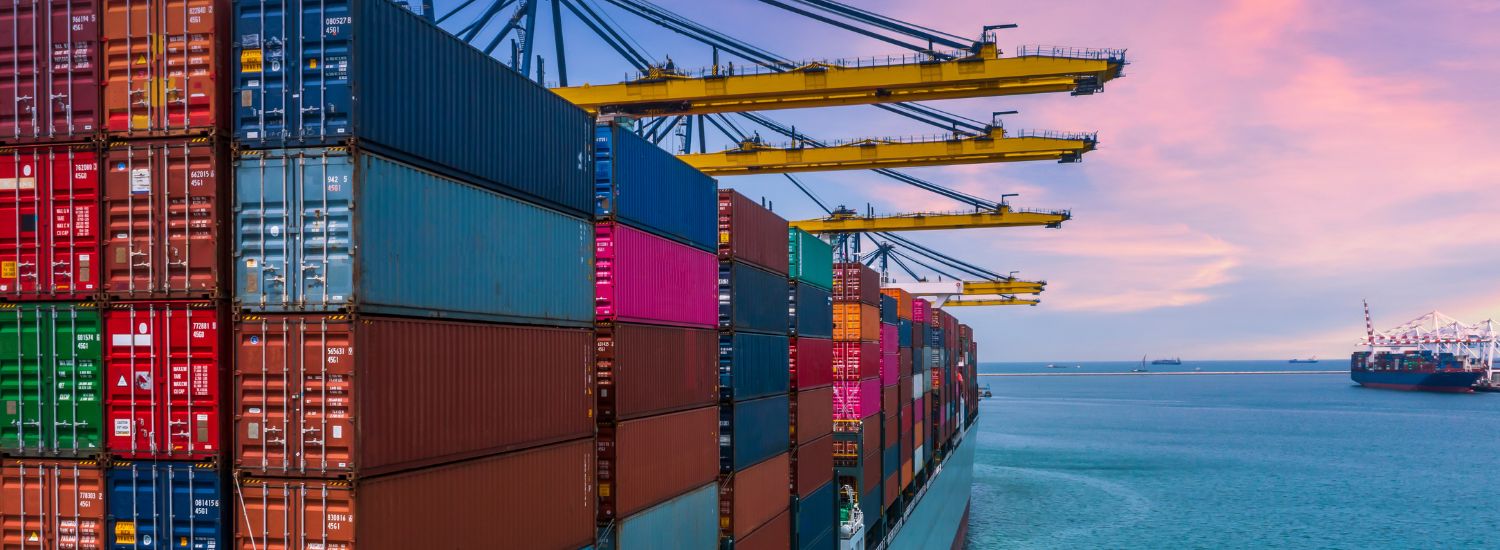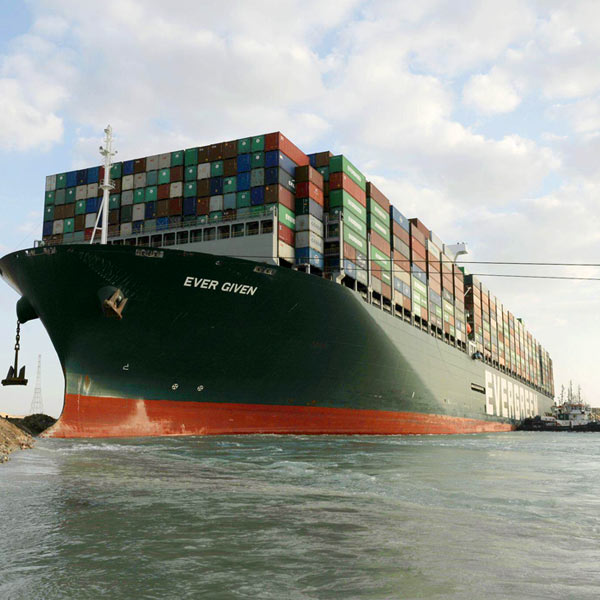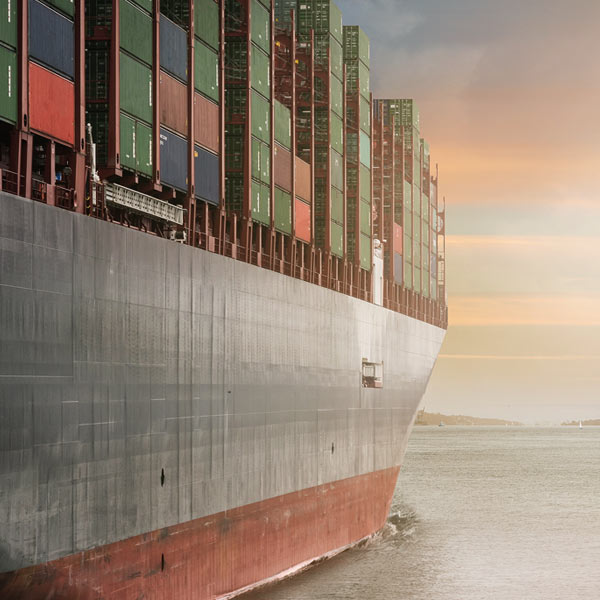Before packing, check this list of items prohibited from entering a particular country or region.
Key takeaways
- LCL (Less than Container Load) means a shipping method in which multiple shipments are consolidated into one container.
- FCL (Full Container Load) means a logistics procedure (popular with international shipping companies) where an individual can fill an entire container with their own shipments.
- FCL is best for shipping larger quantities or fragile items, such as electronics or perishables, as it offers exclusive container use; in contrast, LCL is more cost-effective for smaller shipments, allowing people to share container space and expenses.
There are several advantages to an FCL, including reduced handling, faster transit times and improved security.
LCL meaning
LCL (Less than Container Load) means a shipping method in which multiple shipments are consolidated into one container. It's ideal for those shipping smaller quantities of goods and who don't require a full container. Sharing a shipping container with other shipments reduces costs as you only pay for the space your cargo occupies.
However, there are downsides to consider. The shared nature of the container increases handling, including moving, opening and managing individual shipments, resulting in a higher risk of damage compared to FCL (Full Container Load) shipments. Also, LCL involves longer transit times as the cargo may need to be consolidated and deconsolidated at various ports. Also, customs processes can take longer as officials must clear multiple consignments.
FCL meaning
FCL (Full Container Load) means a logistics procedure (popular with international shipping companies) where an individual can fill an entire container with their own shipments. There are several advantages to an FCL, including reduced handling, faster transit times and improved security. Since goods from only one shipper are in the container, there is less risk of contamination or damage. Also, the cargo moves through the logistics chain smoothly, avoiding unnecessary stops or delays.
Note that FCL costs can be slightly higher than LCL, especially if gaps are left in the shipping container, and the entire space isn't utilised. However, FCL is generally more cost-effective due to efficiency, reduced handling and fewer risks. It also simplifies documentation and customs processes since the container only holds goods from one shipper.

Types of shipment explained
The diagram below shows the difference between two shipment types, Full Container Loads (FCL) and Less than Container Loads (LCL).
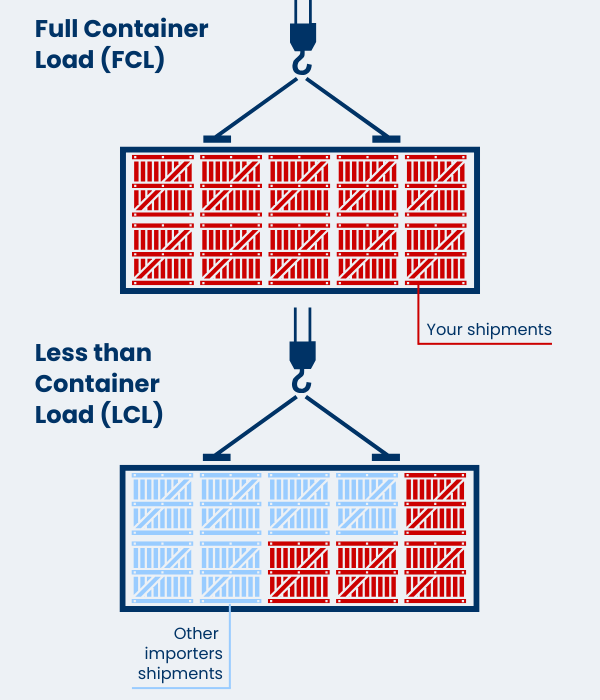
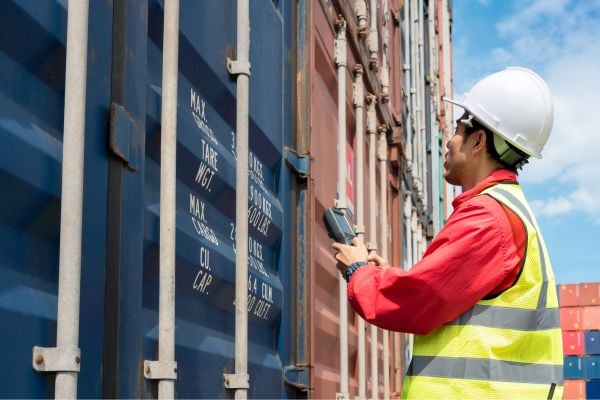
FCL vs LCL
Choosing between FCL and LCL depends on the size and urgency of your shipment. FCL is best for individuals shipping larger quantities or fragile items, such as electronics or perishables, as it offers exclusive use of the container. It is more reliable and quicker, yet costlier, if your cargo doesn't fill the entire space.
Conversely, LCL is more cost-effective for smaller shipments, allowing people to share container space and expenses. However, it also includes increased handling, potential delays due to consolidation processes, and additional customs checks, making it a slower option.
Ultimately, FCL is best for those needing control, speed, and security, while LCL suits shippers prioritising costs with smaller consignments. Understanding the differences helps you accurately choose the most efficient and economical option for your shipping needs.






